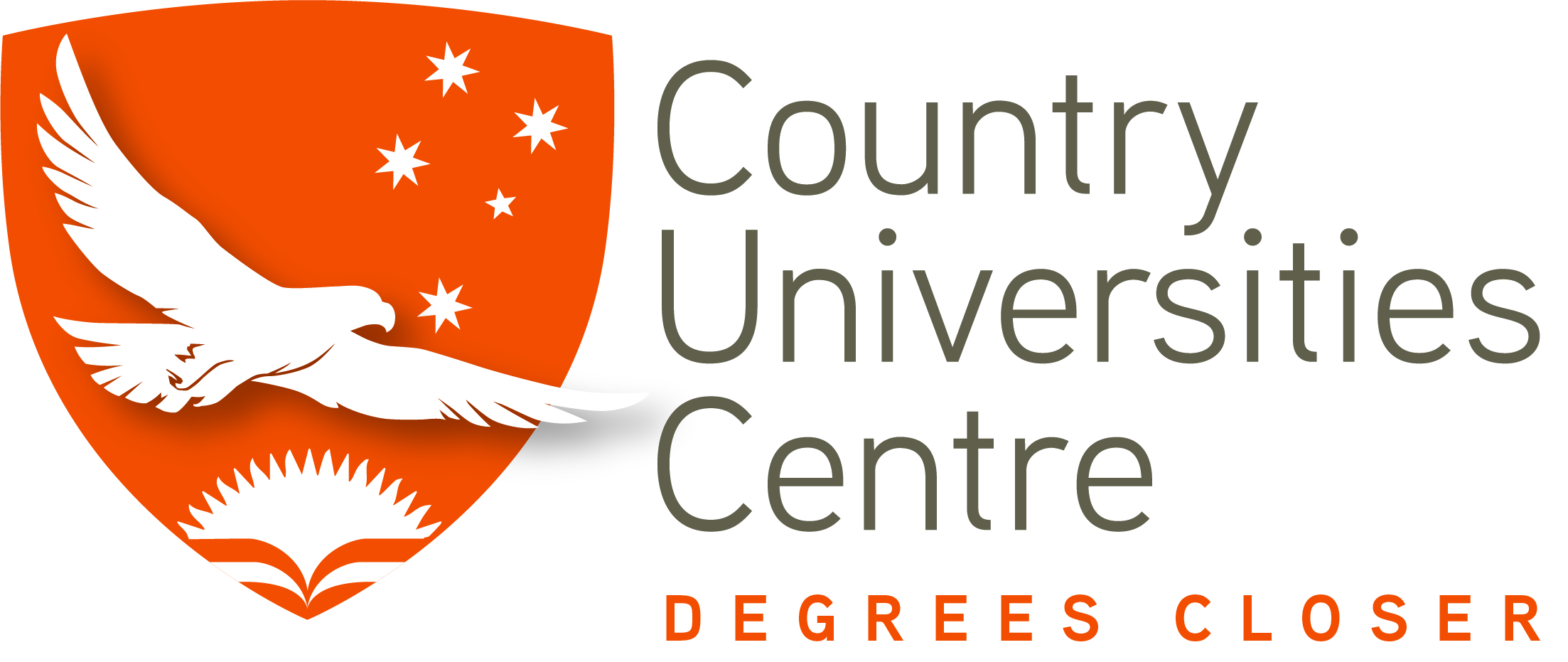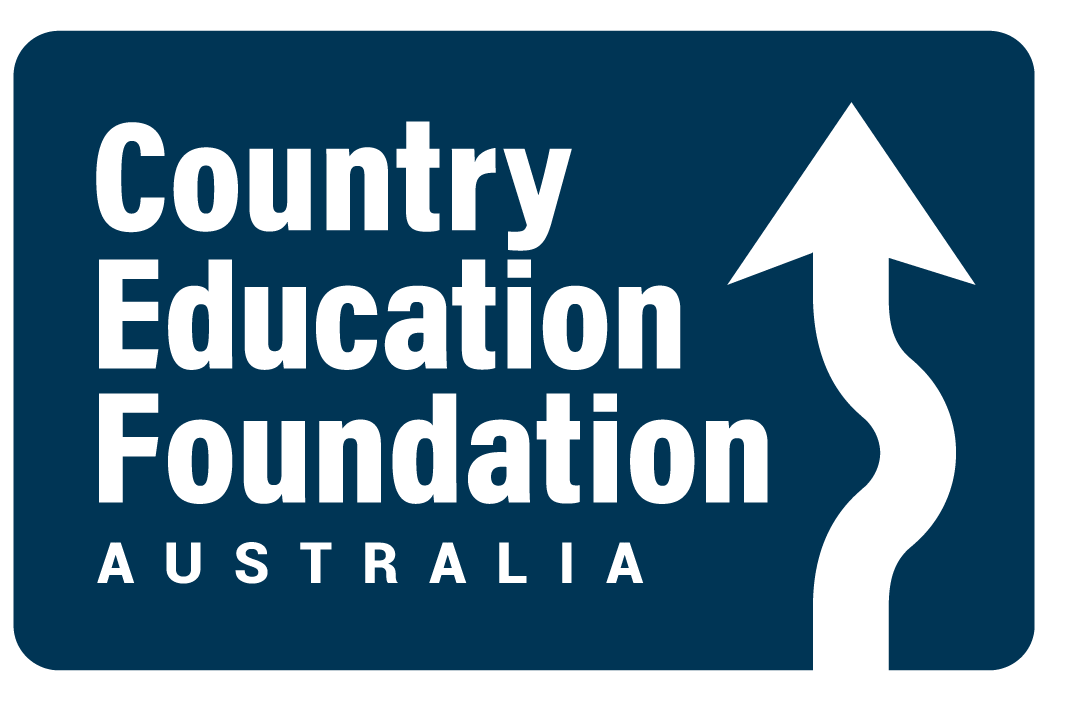DECISION MADE.... NOW HOW TO SURVIVE?
The world can be a little difficult to navigate. And, if you are moving out of home for the first time, there are probably A LOT of things you don’t know about or haven’t had to do before – thank you magic washing fairy!
Not much of this is taught in school so hopefully this section can get you up and running… not just surviving but thriving as a young adult.
LIVING AND ADULTING
THERE’S A LOT OT LEARN ABOUT BEING AN ADULT.
LIVING
Leaving home is exciting and daunting.
There will be a lot of firsts, plenty of things you don’t know, great times and maybe even a tear or two. Being out on your own will teach you so much about who you are and what you can handle.
Welcome to the real world!
- No matter what accommodation option you choose, there will be pros and cons
- There might even be the chance for you to try both – there’s no reason why you can’t swap mid year or next year
- Living ON campus if you are attending university or another institution where this is an option will give you proximity to classes, a lot of social interaction and stable costs
- Living OFF campus will give you freedom, flexibility and a head start on the fun of making a house into a home
Let’s dive a little deeper into the differences between living on or off campus, and we’ll also give you some handy tips on how to set up your new pad and live your best adult life!

OFF CAMPUS
Living off campus in a rental, can make you feel like a REAL grown up, whether you live by yourself or with housemates. There are a few things you need to know if you go down this route. Go to www.moneysmart.gov.au for more information on the cost of moving out, choosing a place and sharing with flatmates. There’s a good moving out checklist in the Under 25’s section.
PRIVATE RENTING LEGAL LINGO
- When renting you will most likely have to sign a lease, which is a contract for payment of rent. This makes the people who sign it responsible for the property, the way it is kept and any damage.
- In most cases you will need to pay a ‘rental bond’ of about four weeks rent to cover any damage or unpaid rent, and most real estates also require you to pay 2 weeks rent in advance. You will get your rental bond money back at the end of the lease if you have met your obligations.
- Read your lease carefully, and if you’re not sure what something means – ask!
- Landlords and real estate agents like references, and often require them as part of a rental application.
- If you don’t have any rental references, make sure you have personal references showing you are responsible and of good character – think old family friends or a former teacher, not your best mate!

For more information on renting, leases and your obligations you can also have a look at the following state body websites:
NEW HOME ESSENTIALS
Whether you are getting organised to travel, setting up a dorm room or an entire house, there are absolute essential services and other purchases you will need to consider. Have a look at some of our budget-friendly favourites to get you started.

If you’re moving into a rental property, you’ll need to get electricity and or gas connected to your home. Take a look at some of the blog posts from our friends at Alinta Energy to help you make the best decision.
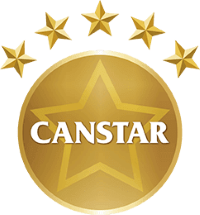
Now that you are all grown up, you will need to start thinking about insurance – travel, contents and even health insurance. Canstar is a great place to start, it is Australia’s biggest insurance comparison site.

INTERNET
Nowadays, there is just no way you will be able to study successfully without an internet connection. There are so many providers out there, so be sure to do your homework.
Have a look at Compare Broadband – you can enter your postcode and answer a few questions about your internet needs and they will provide a list of plans to compare.
HINT: once you have answered the questions, there will be a pop up asking for your name and phone number… if you press ‘escape’ on the keyboard, you can skip straight to the results. No call centre contact for you, you are welcome!
SETTING UP HOUSE
When you set up a house for the first time there will be quite a few things you need and costs involved, but a lot can be borrowed, rented or bought second-hand.
Your family and friends may have items they don’t use or want anymore, so ask around before you buy a fridge or lounge. Look up online sites such as Freecycle, Ziilch and Ozrecycle, where people list free items or check second-hand selling sites for bargains.
Op Shops are another great place to look for all the things you need for cheap. These shops sell all kinds of pre-loved items. Some of the more common stores are run by the Salvation Army, Red Cross and St Vincent De Paul.
Also check out garage sales, Gumtree and the Buy, Swap, Sell pages on Facebook in your area.



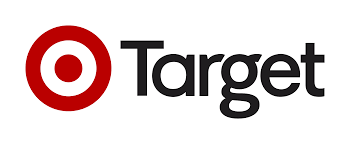

Ikea is well known for DIY furniture. Check them out for an affordable way to furnish your new home.
K Mart do great, really cheap furniture and decor, and they have stores in 100’s of locations.
Our friends at Officeworks can hook you up with all your stationery and tech needs for your next adventure whether you decide to study, work or travel.
Target is full of all the things you need to start the next chapter of your life, from clothes to candles and fitness equipment, if you are into that kind of thing.
Fantastic Furniture have a great range to suit every taste, and do great package deals, if you like things to be matchy-matchy.
HANDY HINTS AND RESOURCES FOR HOUSE SHARING
When you share a house it’s all about compromise!
Your room: Is yours! So are items in this room, like your bed, clothes rack, desk, chair, reading lamp and your personal stuff.
Shared areas: Are ours! Living areas, bathroom, kitchen and things like the fridge, washing machine, dining table, lounge and crockery and cutlery.
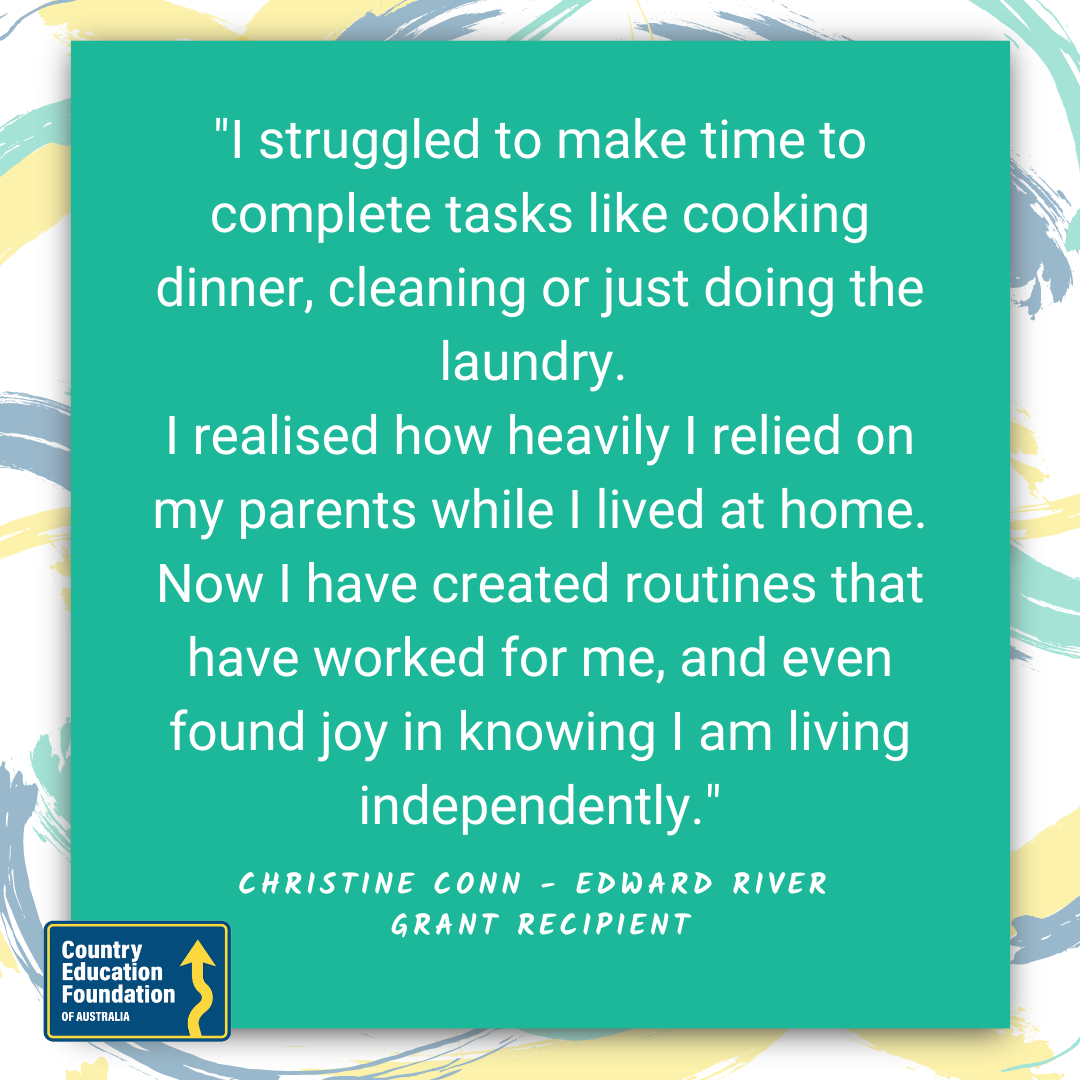
TOP TIPS
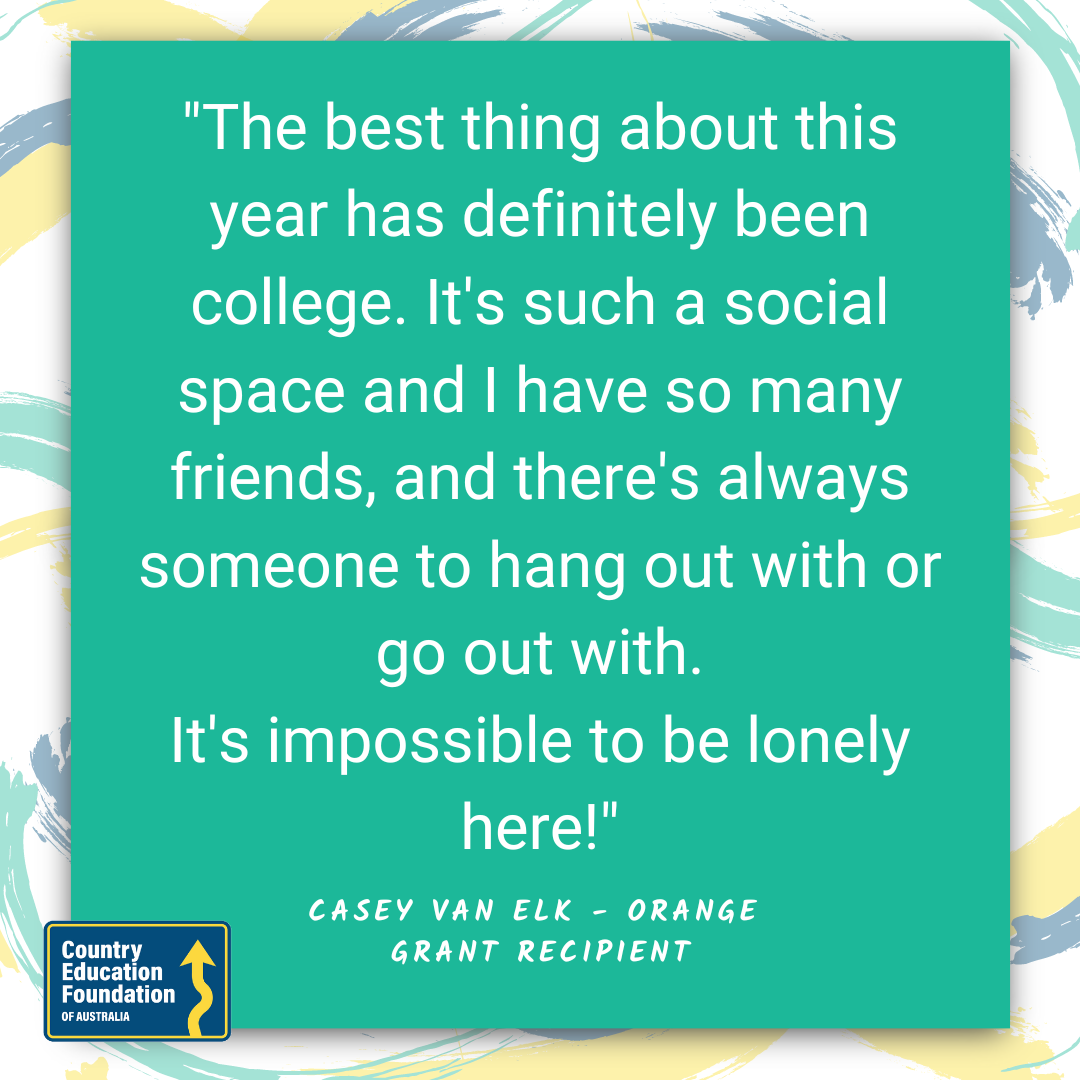
ON CAMPUS
A lot of uni students like to live the dorm life on campus. It offers company, structure and is close to classes. But, there will still be lots to learn about being out on your own!
Know your way around – new students are offered an extensive orientation program to help them settle in before the start of semester. There will be information sessions, campus tours and social events.
While the college experience is certainly not for everyone (some may find it a little smothering), for first year students who want to get the full university life experience, get involved in an active community, access extra support services and make loads of new friends, it might be just what’s needed – especially if you have moved hours away from home!
Some older residential colleges offer numerous sporting, academic and cultural opportunities and will expect all residential students to be involved. Peer care is also a high priority for residential colleges. This peer care will sometimes provide students with tutorial programs to compliment university classes and formal meals eaten in a hall with other students.
Halls of residence are less formal and structured, and generally do not provide academic tuition or meals (unless you opt for that package). Students can experience similar sporting and cultural activities and a full calendar of social events, whilst still maintaining some independence. Your uni will have the best information about what is available to you.
The highlights (and probably the biggest source of distractions) for many college students would have to be the parties. Your friends will live in your pockets and one or two of them will always be ready with an excuse to distract you. From hanging out in the common room with friends, to low-key (often themed) gatherings and annual balls, college is just one party after another.
ADULTING
Whether you decide to live on or off campus, there are now some ‘adult’ tasks you will need to take care of on a regular basis.
And, some of these were probably someone else’s job while you were at home!
Your space will be your sanctuary.
Whether you share a room or have your own; or if you live with housemates, taking pride in your space and making it your own will make the transition out of home so much easier!
Below we have some basic guidelines, hints and tips for living on your own and taking care of yourself – all of which will absolutely make you a successful new adult.
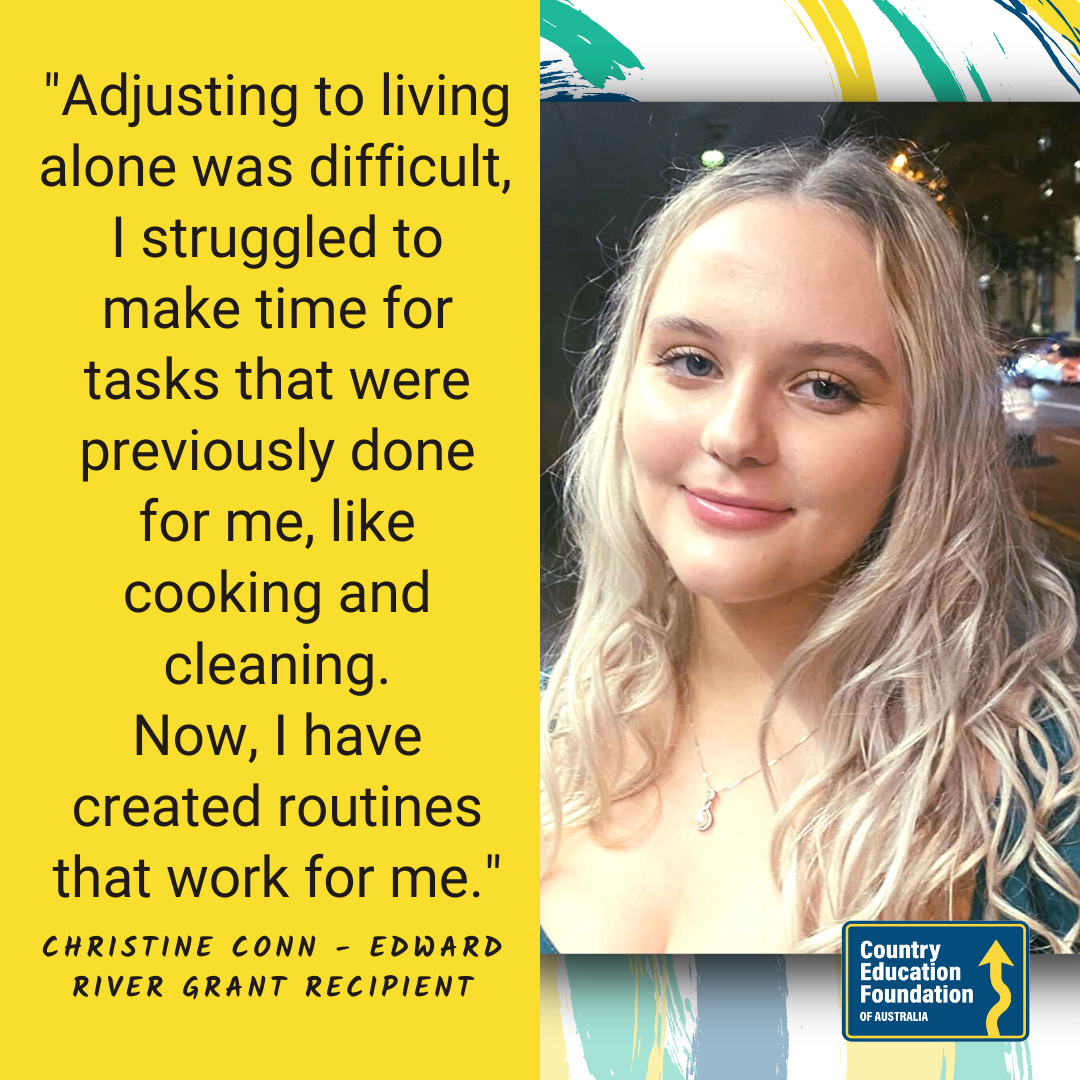
GENERAL CLEANING
Your space will be your sanctuary, especially when living with 20+ other people.Whether or not you have a shared room, take pride in it and try to make your space your own.
It’s a good idea to keep it clean and tidy space, it can easily become overwhelming in such a small space. Try to make your bed every day, keep your bedside clear with only the things you need. Set up your desk how you like it, maybe even get yourself a small plant so you have something to look after. It will be satisfying to see it grow.
Cheap and easy ways to have the best dorm room ever:
Keep as much stuff as possible off the floor – including that pile of dirty clothes! Make sure you put it in the washing hamper, put away your clean clothes as soon as you fold or sort them. This will make your space feel like an actual liveable room.
- Microfibre cloth
- Cleaning towels/rags
- Bucket
- Spray bottle (or 2)
- Scrubbing Brush
- Dustpan
- Broom
- Mop
- Chux
- toilet brush
- toilet cleaner
- Bathroom cleaner
- All-purpose cleaner
- Window/Mirror cleaner
- Toothbrush
WASHING (CLOTHES, THAT IS)
- If you’re living on campus you should have some washing machines near you. Most campuses will provide these facilities at no cost to students, but double check before you head over for the first time.
- If you do need to pay, always have a stash of coins on hand. A good way to make sure you always have change is to take it out of your pockets or wallet at the end of every day, night out or week, and put it in a dedicated container or jar.
- You will always need to provide your own detergent, so keep an eye out for specials at the supermarket, and even try The Reject Shop or other dollar stores. Try to buy in bulk if possible (it’s heaps cheaper) and portion it out is a smaller jar so it’s easier to carry.
PUBLIC SERVICE ANNOUNCEMENT
Sheets and towels must be washed too!
- Change your towel every three-four uses! This may mean you need 2-3 towels but that’s OK, just fold or roll them away neatly when you’re not using them.
- Bed sheets can be pushed to 2 weeks in summer, and 3 weeks in winter, NO more! You might be clean when you get into bed, but all that sweat, skin and hair are gross.
- If you have a top sheet (that extra sheet that goes between you and the doona) you won’t have to wash your doona cover very often, maybe once a term. BUT, be smart about it – if it’s looking dirty, give it a wash!
EATING HEALTHY ON A BUDGET
All that healthy stuff seems so expensive, right!? But, eating well is totally doable. Here are some great resources to get you started:
Avoid buying your coffee…
You will save yourself at least $4 a day – that’s $20 a week!
Knowing how to shop for groceries, and how to plan can all help in making sure you are fuelling your brain and body with all the right stuff to be your best.
Here are a few more tips on how to eat well AND save money in the process:
- Have a budget and go to the supermarket with only the cash you need to spend.
- There’s nothing wrong with plain label or ‘home brand’. Often it’s the same product as the fancy stuff.
- There is nothing wrong with “ugly” fruit and veg. It will taste exactly the same, but is usually HEAPS cheaper.
- Think about using a meal planner. It will work wonders for your budget and time management.
- Cook in bulk and freeze – curries, pastas and soups are great for this.
- Try to avoid eating out or ordering delivery a lot – it’s expensive and adds up REALLY quickly.
- Take snacks to classes. By taking snacks with you, you will spend less and probably eat better.
- Get yourself a water bottle – you’ll save the environment and your bank balance.
NO MONEY, NO TIME? NO WORRIES!
No Money No Time is an awesome online resource brought to you by our education partner the University of Newcastle, and the NIB Foundation.
It helps you cut through all the noise, and gives you the recipes, tools, advice and credible nutrition information that makes healthy eating easy.
You start with the Healthy Eating Quiz, which gives you instant personalised feedback and a report on your diet quality, with recipe suggestions and ideas to boost your score.
Then, your results are stored in your personalised dashboard and you can log in at anytime to see if the recommendations you have implemented change your score!


A HEALTHY HAROLD
WERE YOU PAYING ATTENTION TO THAT TALKING GIRAFFE IN THE LIFE EDUCATION VAN?
THE MOST IMPORTANT THING IS TO STAY HAPPY AND HEALTHY.
Your health, safety and happiness should be major priorities for you in this year of change.
It’s important for you to be aware of how you’re feeling – physically, emotionally and mentally, who to go if you need help, and how to ask for that help.
DOCTOR, DOCTOR
It can be tough to know where to start when looking for medical services in a new place.
Health Engine is a great place to start. This website connects patients with over 7,400 Australian healthcare providers including GPs, dentists, allied health practitioners, medical specialists and pharmacies nationwide.
Best part? They also have an app available!
Here are some tips on how to choose the right GP.
Also, remember to speak up – if you would prefer a male or female doctor, say so. The receptionists and nurses are more than used to this request and it is so important that you feel comfortable in the doctor’s office. Well, as comfortable you can be anyway!
Your health is important so be proactive with it, if you aren’t feeling well, book an appointment, if you have a tooth ache book an appointment.
Getting onto it early can make a big difference!
BULK BILLING
Bulk billing is a payment option under the Medicare system of in Australia.
It covers a prescribed range of health services as listed in the Medicare Benefits Schedule (MBS), at the discretion of the health service provider.
So make sure you ask the doctor or provider “do you bulk bill?”
If the answer is YES, then you might not have to pay for your appointment, or you may pay a reduced amount.
For more information on bulk billing and other medical advice and information have a look at the Health Direct website.
REGULAR CHECK UPS
Now is THE BEST time to set good habits and be proactive in taking care of you. Here is a list of check ups most health care professionals suggest you start having:
- Dental check up
- Eyesight test
- Blood pressure check
- Diabetes risk test
- Skin check
MEDICARE
If you want to access health services, especially those who offer bulk billing, you will need to be registered with Medicare and have your own Medicare card – they even do digital cards now too!
For information on how to do this and to access the right forms, click HERE to go straight to the right page of the Services Australia website.
PRIVATE HEALTH INSURANCE
While you are not required to have this, it can be beneficial, particularly if you have issues not covered by Medicare like dental and optical.
www.privatehealth.gov.au is an Australian Government initiative, providing all kinds of useful information like the benefits of private health insurance, policy comparisons and other FAQs.
MENTAL HEALTH
Your mental health and wellbeing is critical, and we can’t stress that enough!
With everything that has been going on over the last two years, it is not surprising that 1 in 3 young people are experiencing really high levels of stress.
It is really important to take care of you, and know how you feel and how to ask for help. No worry is too big or small, and you are definitely not alone! You can ask family and friends to help you. Ask them to listen or ask them to come with you to the doctor.
If you would prefer to talk to someone you don’t know there are SO many services out there for you. On this page we have compiled a list of resources, services and information to help you out.

WHOS’ WHO IN THE ZOO
First things first. There are a number of professional people you can see depending on the issue or challenge you are facing.
A psychologist has a university degree and can help with talking therapy, discussing your problems and possible solutions with you.
A psychiatrist is a medical doctor who can not only help you talk through your problems but can also prescribe you medications if needed.
These guys can help you out by talking through more short term issues with you. Think exam stress or moving to a new place.
Social workers assist with tough life circumstances by helping with practical solutions and connecting you with other services if required.
AUSTRALIAN ORGANISATIONS
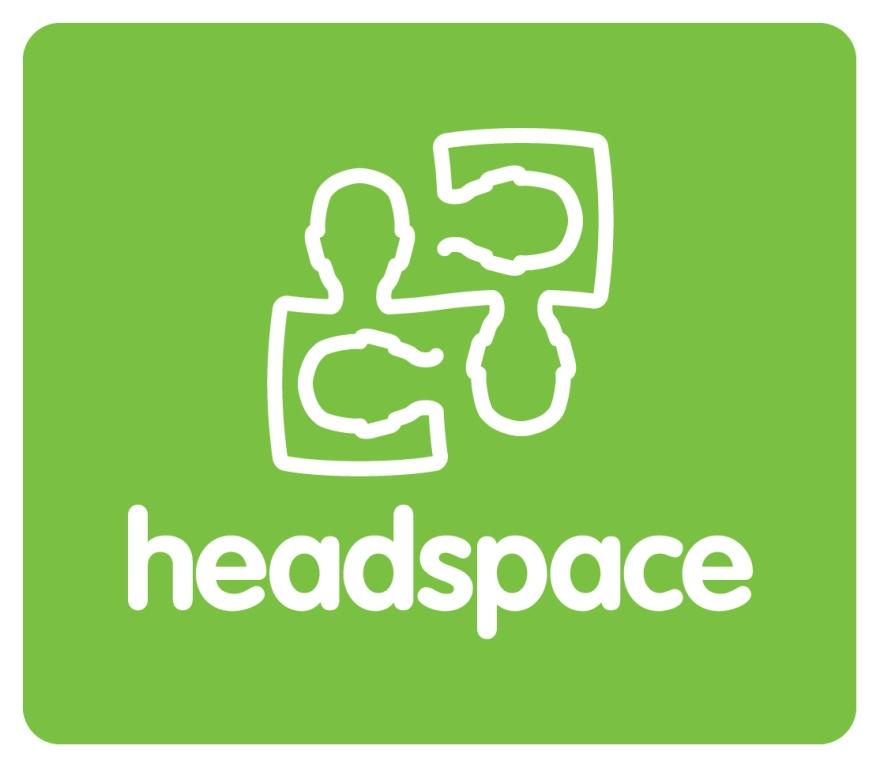
Headspace is the National Youth Mental Health Foundation for young people aged 12–25 years. With 55 centres across Australia they offer a range of free services.
Call 1800 650 890.
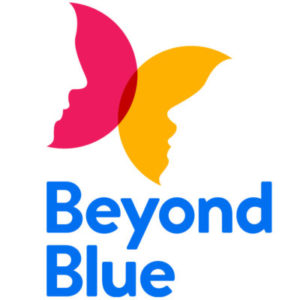
Youthbeyondblue provides information and support for those affected by depression and anxiety. It’s also a great resource for carers or anyone wanting to support a friend or loved one. You can call them 24 hours a day on 1300 22 4636.
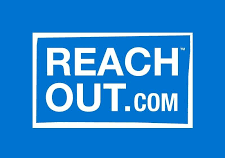
ReachOut Australia is there for whatever life throws at you. With a section dedicated to young people, the website is a great resource for anyone feeling overwhelmed or needing encouragement.

The Black Dog Institute and My Compass are interactive, self-help websites which enable users to track and write about their moods, view information and tips on how to manage mild to moderate stress, anxiety and depression.

Lifeline is a national charity that provides 24/7 crisis support and suicide prevention services to all Australians. They provide confidential crisis support via phone, text or online chat.
Call them on 13 11 14.
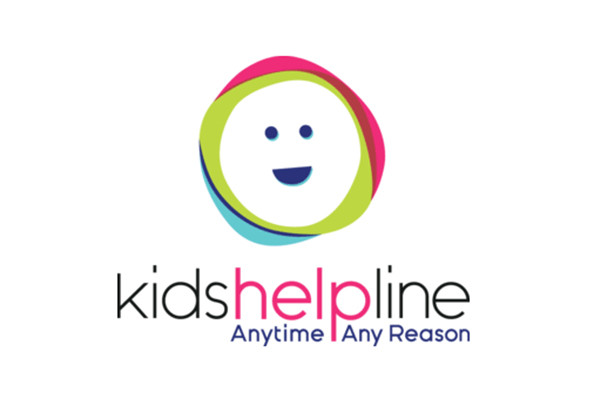
Kids Helpline is Australia’s only free, private and confidential, telephone and online counselling service specifically for young people aged between 5 and 25. Call 1800 55 1800.
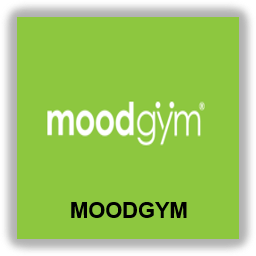
MoodGYM was developed by our friends at the Australian National University, and is an innovative, interactive web program designed to help people identify mental health problems and develop coping strategies.
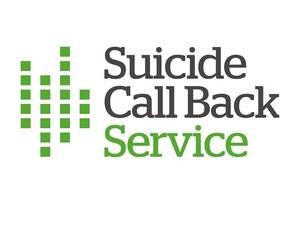
The Suicide Call Back Service is a 24/7, nationwide service that provides counselling to people 15 years and over who are suicidal, caring or supporting someone suicidal or bereaved by suicide. Call 1300 659 467.
MORE TO SAY THAN ‘R U OK?’
By now, we are all pretty familiar with ‘R U OK?’ the national initiative that encourages us all to check in on each other.
If you are worried about a fellow student be sure to ask them if they are OK. They might just need to talk, BUT be aware it could be something deeper, and they might need your support to seek professional help.
For more information on how to keep the conversation going, visit the website.
COUNSELLING AND SUPPORT
All universities and training organisations have information on counselling services, many of which are free. We recommend you contact student services centre to find out what they offer.
If you are working, many employers offer Employee Assistance Programs (EAP’s). These programs support employees and family members with work-related problems as well as personal problems that may impact on their job performance, health & mental well-being. The service is funded by the employer, so there is no cost to you.
Your GP or community health service are also great places to go for help.
Community services often provide free counselling programs and if appropriate, your GP can write you a mental health care plan to access a certain number of free (or reduced cost) counselling sessions.
SLEEPING
Rest is vital to maintaining successful studies and a balanced life. Even the seemingly invincible, social butterfly needs to be well rested!
Feeling tired increases stress, anger and frustration levels. Being tired and stressed decreased your ability to focus and think clearly, and lowers immunity levels which can lead to illness.
Check out the video below from the Kids Helpline on sleep and the brain, featuring CEF’s very own 2019 Alumnus of the Year, Lee Constable.
SOME TIPS FOR SLEEPING BETTER:
- Have a shower before bed to calm down and start the time away from your phone and electronics.
- Turn your computer and other electronics off before you go to bed and switch your phone to night mode or “do not disturb” so your sleep isn’t interrupted by alerts.
- Avoid looking at screens and devices while trying to sleep. Light actually blocks melatonin, which is the hormone that helps you fall asleep.
- Limit caffeine in the afternoon and evenings.
- Exercise daily.
- Do a meditation for a few minutes.
ALCOHOL
- Alcohol affects everyone differently so it’s important for you to find your limits and become aware of how you act when you have been consuming alcohol.
- It’s good practice to know your limits. There is nothing wrong with cutting yourself off when you have had enough.
- One way to monitor your drinking is to know the standard measurement guide. This will allow you to make informed choices about what and how much you can drink.
- Make sure you space your drinks out, drinking too quickly never ends well. One easy way to do this is to have a glass of water between drinks. Not only will this slow your drinking down, but your body will thank you for the hydration in the morning!
STAYING SAFE
- Never walk home from a night out by yourself! Make sure you have a safe method of getting home, which may mean budgeting enough money for a taxi.
- Shouting drinks can become expensive and can be unsafe. Keep track of your own drinks.
- Drink spiking occurs when a drug is covertly put into someone’s drink. If you start to feel light headed or sick tell your friends immediately. And never leave your drink unattended.
- When driving the day after a big night, remember you could still be over the legal limit, particularly if you are a P-plater.
- Have a buddy system, particularly in O-Week. You will gain a close friend and stay safe.
- Keep $100 tucked away in your wallet or bank for emergency money.
DRUGS
This section is really short, and the reason why is pretty simple.
Illicit drugs are illegal to consume, provide, sell or buy.
It’s never a good idea to take something when you don’t really know what’s in it. Illicit drugs can be mixed with dangerous chemicals that can kill you.
For more information on drugs, including support services available if you are worried about drug use, visit the Alcohol and Drug Foundation website.
LET’S TALK ABOUT SEX
We know… this subject is private and can be pretty awkward to talk about. But, it really shouldn’t be – it is not something to be embarrassed by or ashamed about.
And, there are some really important things you need to know when it comes to sex.
SEXUAL HEALTH
Your sexual health is an important part of your overall health if you are sexually active. If you are sexually active you need to know how to protect yourself from sexually transmitted infections and unwanted pregnancy.
You can visit student services to talk to a sexual health worker, or you can visit www.sti.health.gov.au for more information.
Be honest and open with doctors and nurses, there is no shame in your sexual activity and they won’t judge you, they have seen and heard it all!
CONSENT
Knowing what consent is and why it’s important is crucial to any sexual relationship or encounter. Consent is when two people both agree to enter a sexual relationship or act.
No one can force you to do anything you don’t want to do and you can’t force anyone else to do something they are uncomfortable with.
You have the right to say no to any activity you don’t want to be involved in – this includes sex or sexual acts. Your body is yours and if you feel pressured or threatened it is vital that you speak up.
You can find more information about sexual assault and consent here.
If you have been assaulted, you can visit 1800 RESPECT for more information or to chat to someone online, or call 1800 737 732 to access counselling and support 24 hours a day, 7 days a week.
Always remember you are not alone, and there are people and services available to help you.
PEER PRESSURE
Peer pressure is when you feel you have to do something because everyone else is, or because friends tell you to. It can apply to drinking, drugs, sex or any other behaviour.
Peer pressure can be hard to deal with because you don’t want to feel left out, but if something doesn’t feel right you should listen to yourself first and say no. True friends will respect your decisions. You need to remember to back yourself and be confident in your decisions and feelings.
Kids help line (advice for 16 to 25-year-olds) is a great resource if you need some advice on peer pressure. You can call them on 1800 55 1800 any time of the day.
Some good external links to check out:
# How to handle peer pressure
# Dealing with peer pressure
# Fitting in
STRESS BUSTERS
Life is all about balance, and even though you will need to study and work hard at university, you also need some downtime. Downtime is productive as it helps your brain and body work better by giving it a rest and time to absorb things.
Stress management is different for everyone so find out what works for you, and if you need help doing this, never be afraid to ask friends or a counsellor.
EXERCISE
- Try joining a sports team or club. Not only is it a great way to get regular exercise in, it can help expand your social circle too.
- If sports are not your thing, try simply going for a walk or swim. If you need your exercise to have a little more structure, give yoga a go, or check out a class at the gym.
- Your university or local gym will have student discounts. Take a gym for a road test with a short-term or casual pass.
UNPLUG
- Close the laptop, put down your phone and give your mind a rest. You’ll be surprised – some of your most creative ideas can occur when you give yourself a break.
- Take some time out from social media. Chances are, at least some of your feed is study or work related, and seeing this stuff might make you feel like you have no choice but to get back to the books.
UNWIND
- Join a university or community club or society. Get involved in something you enjoy (other than study and work) to give your brain a break. Maybe a theatre group or a regular games night? Can you join the organising committee of an upcoming event?
- Read a book, watch a movie or listen to a podcast. These are easy – and fun – ways to take a little time to unwind from the stress of study.
CONNECT
- Call your family to catch up on what is happening at home – when you are in a new place, it is so important to stay in contact with the people you care about.
- Have coffee or breakfast with a friend. Being able to talk with a friend face to face is pretty hard to beat when it comes to being social and feeing connected.
- Zoom or facetime with your old school buddies. Distance isn’t a problem these days, and you probably all have stories to share!
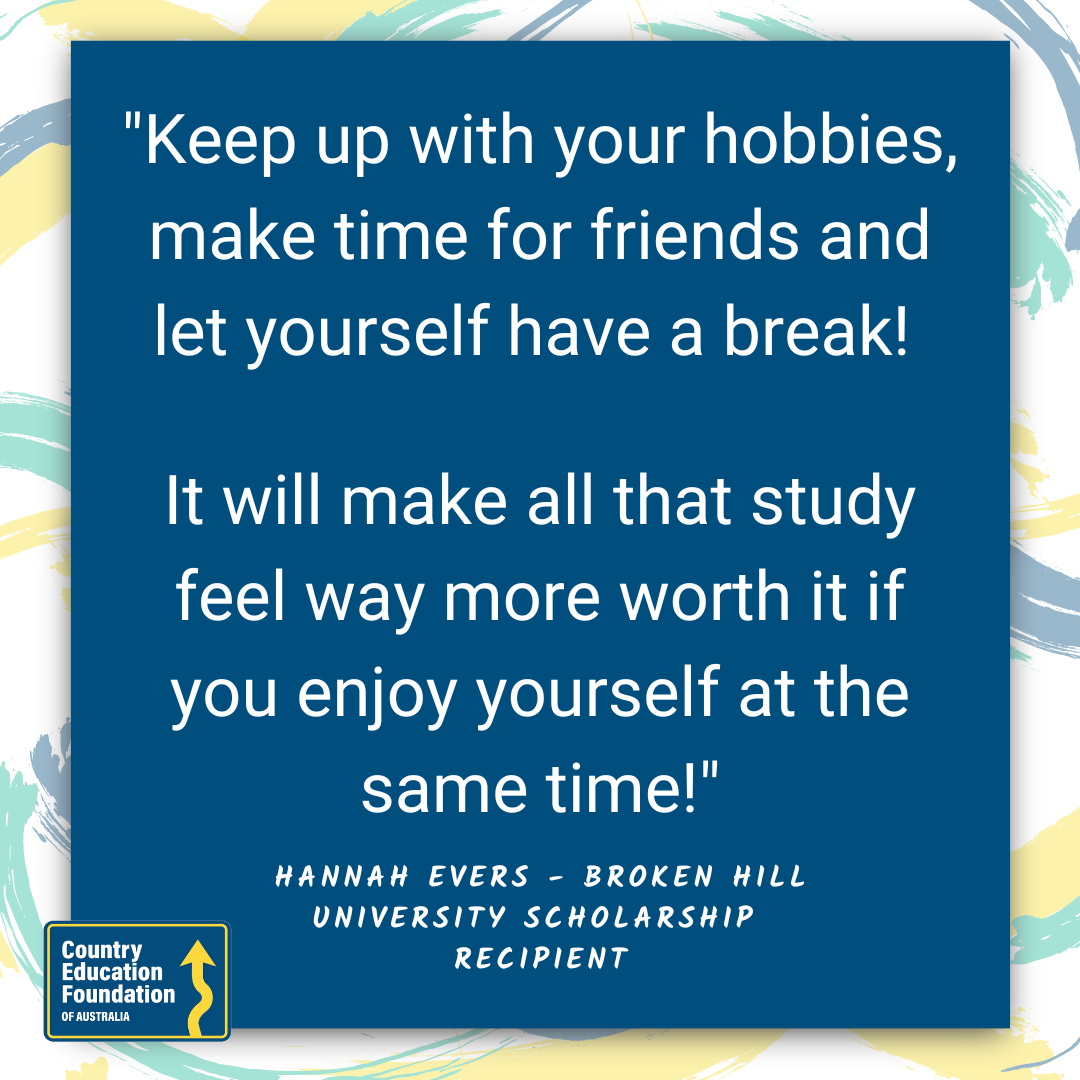
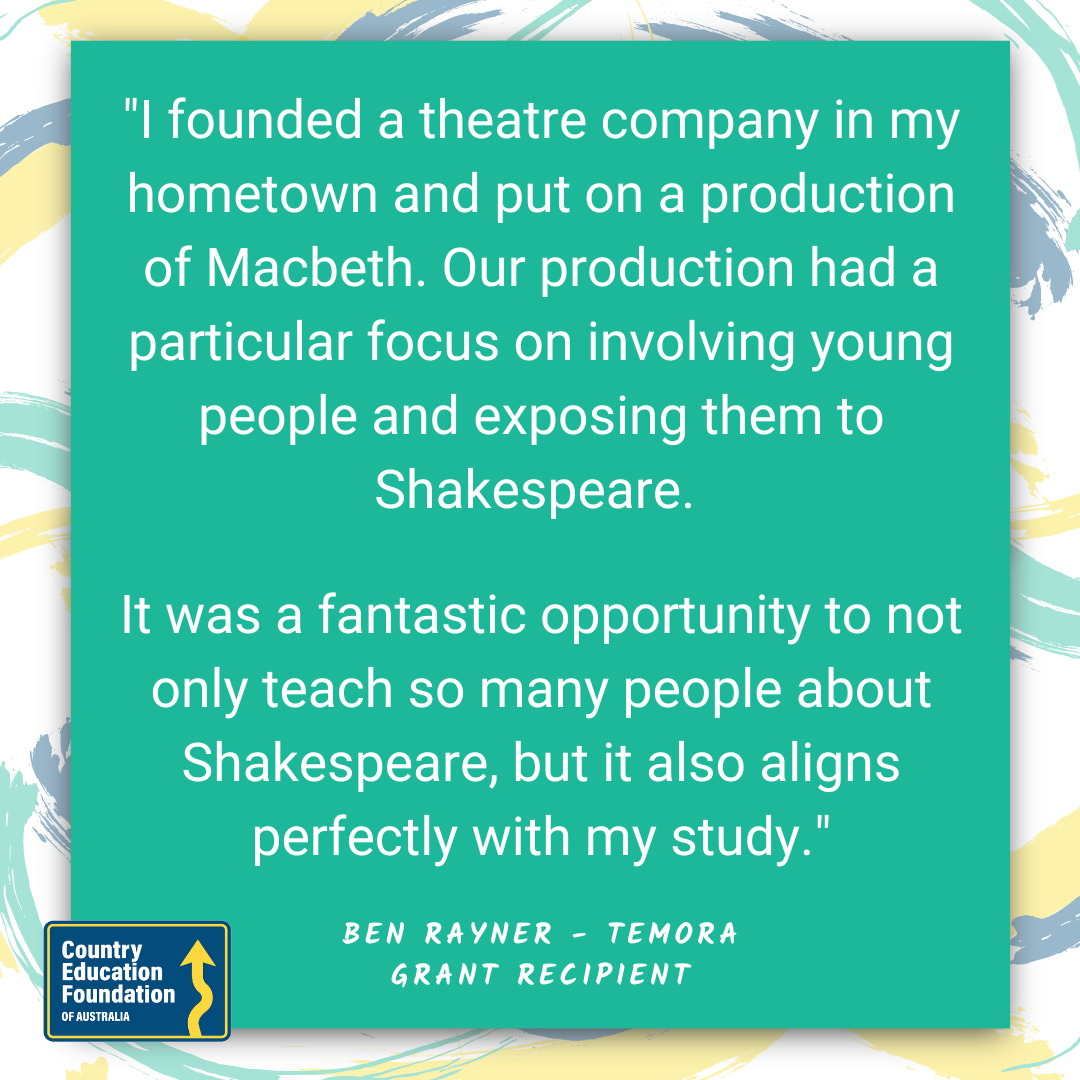

LEARN THE RULES
NO MATTER WHAT YOU CHOOSE TO DO AFTER SCHOOL, IT IS A WHOLE NEW BALL GAME.
IT IS IMPORTANT TO LEARN THE RULES AND TO BE ORGANISED.
It doesn’t matter if you choose to keep studying after school, enter the work force or travel the world – there are rules that you are going to need to learn and follow. We know, it sounds painful and you thought you were out and free! What you will learn is that most rules, policies or laws are there to help and protect you.
In this section we will take a look at some of the ‘need to knows’ for each main after-school option, and also provide you with some guidance on where to get more information.
But first, a couple of key points for this next step in life for you, no matter what the plan is!
IMPORTANT AUSSIE ADULT STUFF
Whether it is managing timetables and assignments, work rosters and deadlines or event travel plans, learning how to manage your time is vital. As an adult, keeping to schedule and getting things done is now your responsibility!
My Gov is a secure, online system to link and access all government services in one place including Centrelink, Medicare, your health record and taxation details. Create an account HERE.
MyGovID provides a digital identity that is unique to you. The myGovID app is an optional app that lets you prove who you are and securely sign in to participating government online services. Find out more information HERE.
As an adult, you will require a Tax File Number (TFN). This number is yours for life, as is used for tax and superannuation purposes. There are a number of ways you can apply for your TFN, visit HERE for more details and to sort out your TFN.
Up until now, you have probably been on your parent/guardian’s Medicare card to help with the costs of seeing a doctor, getting scans and medication. You often need a card when accessing these services, so when you move out of home it is best to get your own. Get that organised HERE.
GET COMFORTABLE WITH TIME MANAGEMENT
Whether it is managing timetables and assignments, work rosters and deadlines or event travel plans, learning how to manage your time is vital. As an adult, keeping to schedule and getting things done is now your responsibility!
- Make use of calendars – you can buy some very cool stationery nowadays if you are a paper person – or the calendar and scheduling apps available on your phone and even you email app.
- Weekly planners can help your week run smoothly and will assist with your time management.
- A weekly timetable can help you see how many hours you have available after classes and any job commitments to allocate to study and leisure time.
- Breaking the year into chunks can make it more manageable and less overwhelming.
- Mark important dates such as assignment due dates, flights, practicals and interviews in your diary or calendar.
- ‘On time is always late’, is some of the best advice we have ever heard! Always aim to be somewhere about 10 minutes early.
- Don’t over schedule and ensure you factor time into your plans for any delays or mishaps that might occur. Think traffic and flight delays or IT issues.
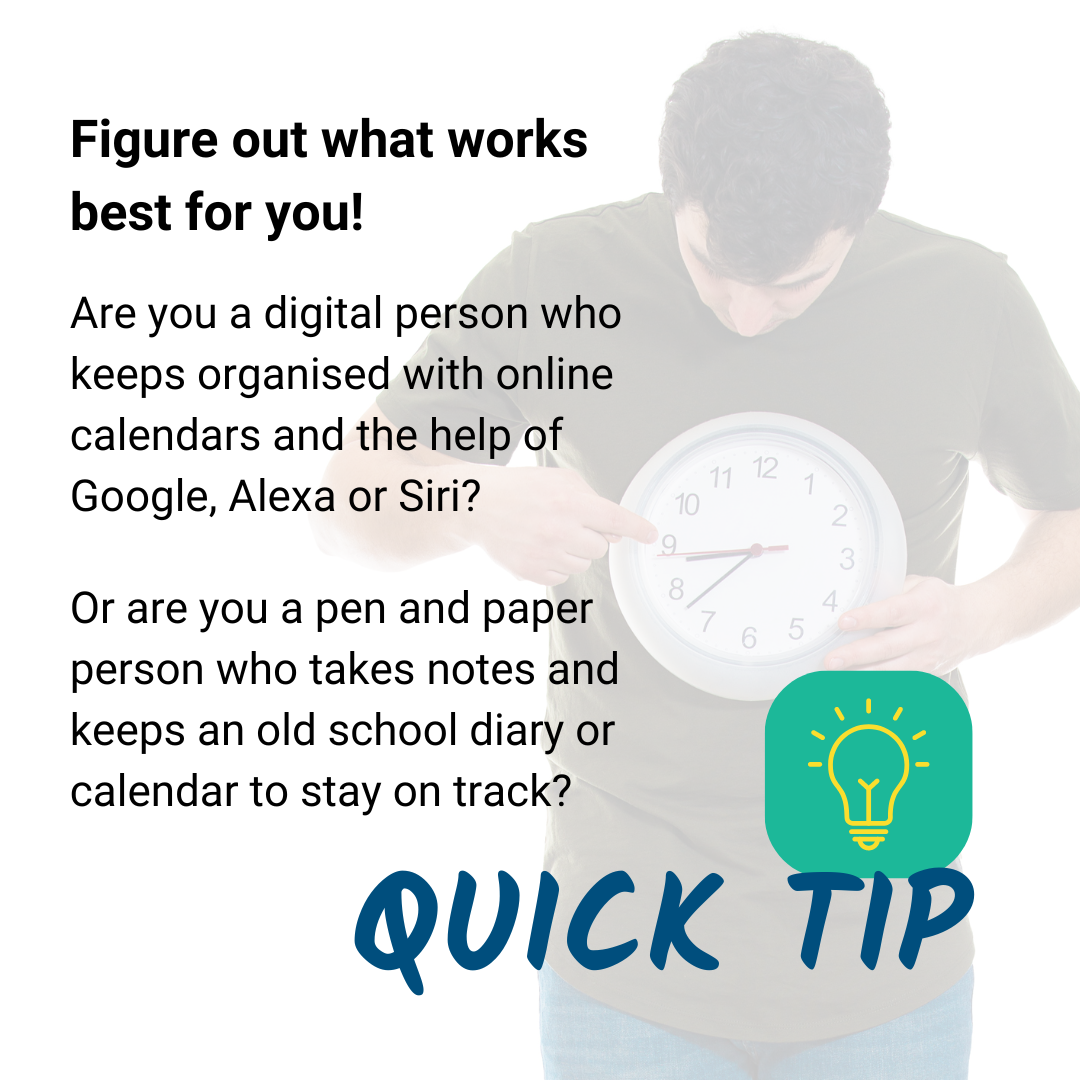
ASK FOR HELP!
- There is no shame in realising you are not coping as well as you would like to be.
- Struggling with any aspect of adult life can feel pretty scary, but it is VERY common.
- You have the power to changes things, and a big part of that is asking for help.
- There is plenty of support out there no matter what challenges you are facing.
- Whether it is talking with friends or a professional, seeking help can equip you with the tools you need to self-manage going forward.
- Doing this will help you get back on track, and set you up for success and good heath.
REMEMBER, IT’S A BIG TRANSITON TIME!
The move from high school to the ‘real world’ can be daunting. Our best advice? Be kind to yourself. Try new things and find what works for you.
Take time to work through the transition and settle into this next chapter of your life. Take time to make yourself aware of the supports and services available to help you succeed.

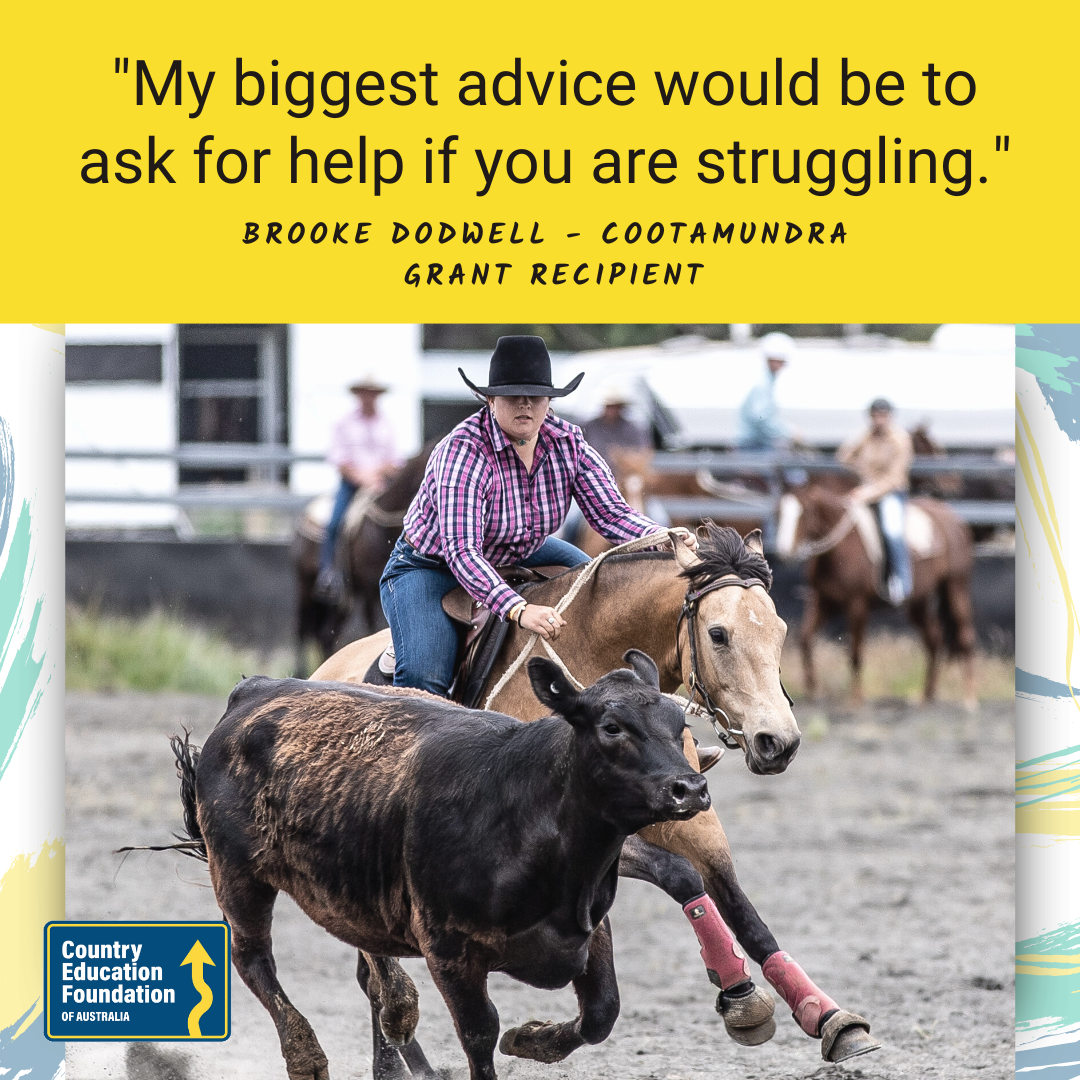
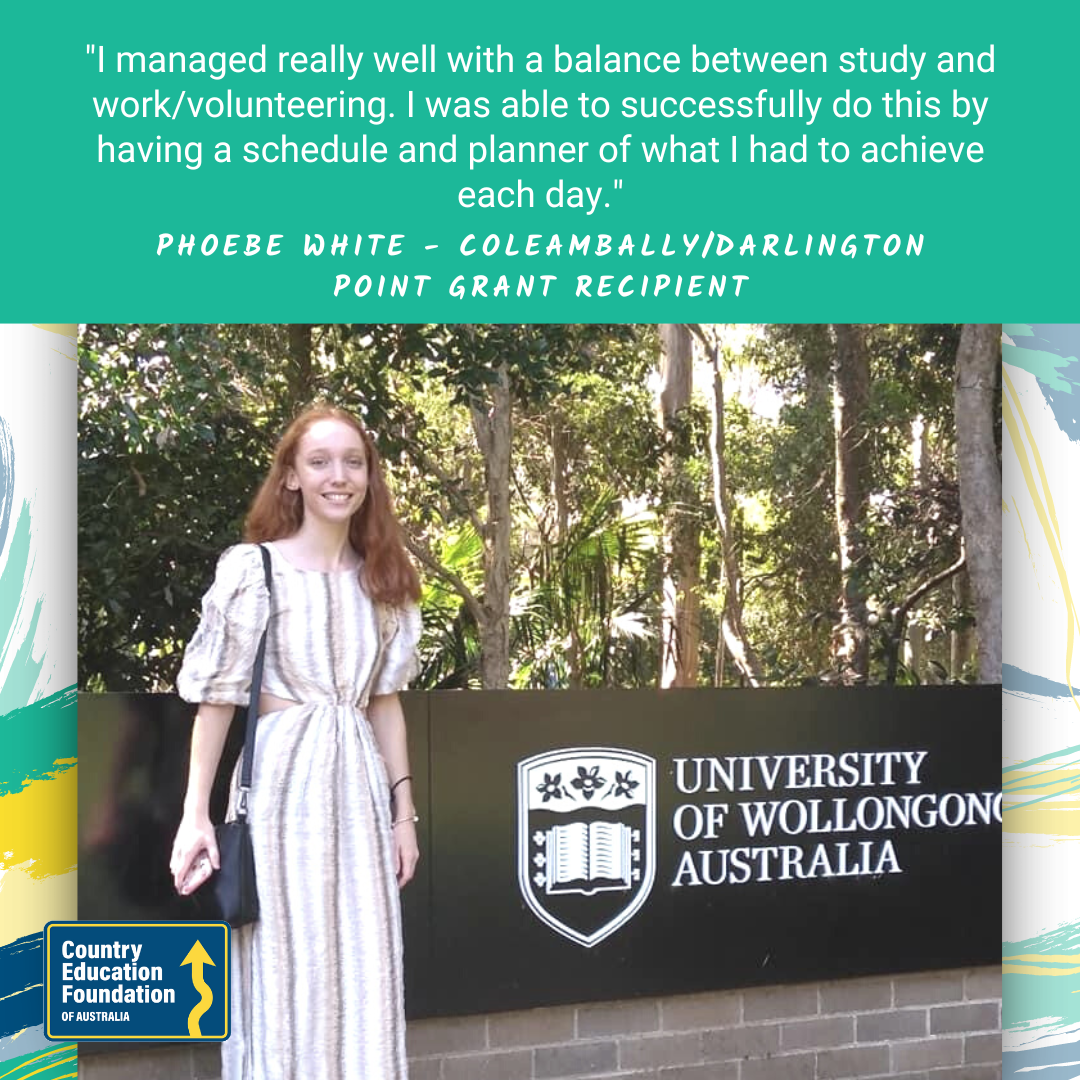
STUDY
You hit the books at school. You know what you are doing, right? Maybe, but any study you do after school will be pretty different.
The work itself will be more challenging AND you will have to manage yourself, your time and commitments like a boss.
We know there will be days of doing nothing (it’s allowed!), some days packed full of work and probably a few essay writing all-nighters.
You may even have moments of questioning why you began this at all … but there is plenty of help out there for you to be the best you can.
And remember, if you make the best decision for you, it will all be hunky dory!
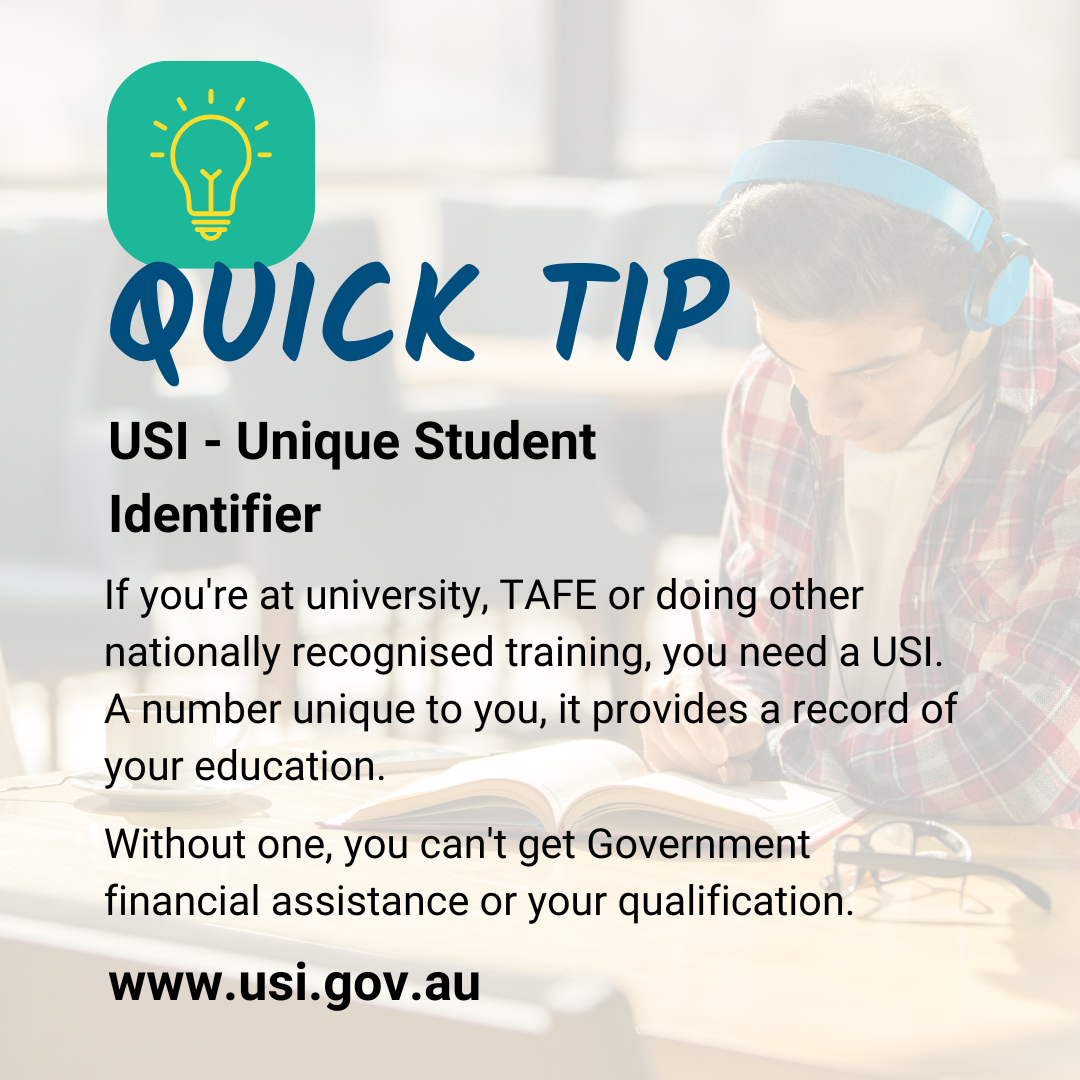
- STUDY SKILLS
There are plenty of workshops and tutorials on offer at universities, TAFE and other training organisations covering topics like essay writing, referencing, research, presentation skills and computer skills.
Check with the library or student services to find out what workshops you can attend to assist with developing your study skills. These might even be listed on your institutions app.
Another option is ‘Massive Open Online Courses’ or MOOCS. Many of these are free and have flexible enrolment and completion times. Future Learn, Mooc.org and Coursera are three of the biggest and best, simple search ‘study skills’ and see if there is something that suits you.
- REFERENCING
Referencing is a way to ‘credit’ the authors and research you use in your work.
There are different referencing styles for different subjects, so it’s important to find out what referencing style is expected of you. This will usually be covered in your first subjects, and your faculty as well as the library will have plenty of information and tools to help you get it right.
There are some very good websites like www.citethisforme.com and www.endnote.com to help with referencing. Many universities will provide these programs for free while you are studying with them.
Fun fact? Microsoft Word also has a referencing function and there are tutorials on the internet to help learn how to use it.
- BACK IT UP
Remember to always save your work! An external hard drive is a worthwhile investment.
If you do have computer problems, start with turning it off and back on again (rebooting it) before you panic – sometimes it’s is all you need to do. If you are having issues with your websites, university email accounts or library websites, remember IT support is available at all institutions.
The cloud is your friend when backing up your work too! Look for student friendly deals such as the student friendly version of Dropbox, a cloud-based file storage service.
- PLAGIARISM
Plagiarism is when you use other people’s writing and words as your own, and in any study it is a serious offence. This is why referencing is so important!
Turn It In is an online resource you can submit your essays and assignments to and have them checked for plagiarism.
It is also a serious offence to have someone else write an assignment for you. Don’t fall for scams that ask you to pay money to have your assignments done for you. Having someone else complete your work can result in a subject fail, or even being expelled from the university.
TEXTBOOKS AND STUDY MATERIALS
Each subject will come with a list of which textbooks you need. Textbooks can be pricey and there will be some you might not need to use much. You can wait until you need each textbook before buying them, or ask your lecturers which textbooks matter most. You can also borrow or rent textbooks to help make your study more affordable.
Buy
Buying your own copy of a textbook means it’s on hand whenever you need it! Find out from your lecturer or teacher if you really need the newest version of a book – you might be able to get away with buying an older version, which will usually be cheaper.
Another great way to save a bit of money is to become a life member by joining the Co-op Bookshop for $25, to get discounts on purchases and special offers!
Borrow
If you are really organised you can borrow textbooks and other reading materials from your institution or public library.
But, you’ll need to get in quick and watch out for late fees. Check with your library to see how many copies of a textbook they have and if there is an ebook version.
eBooks
It could be worth investigating if the book you need comes in electronic format – an ebook. These can be great because you can access them anywhere, you don’t have to lug around heavy textbooks and they are often cheaper. Keep in mind, they can come with IT issues and some people find them more difficult to read and take notes from.
Renting textbooks is another option:
www.jekkle.com.au
www.zookal.com
www.thecampusbookstore.com
And of course, Facebook Buy, Swap, Sell pages!
FEEL LIKE YOU ARE STRUGGLING?
If you feel like you are struggling with your study, or that the course you have chosen isn’t right for you, there are options. The institution you are doing your study with can provide you with information to help make the best decision for you.
And remember changing your course or even deferring your study is NOT failure! Very few of us get things right the first time round. And at the end of the day, you need to do what is right for you, and trust us, the future you will thank you for that!
You will hear the word “census” a lot when you begin university. What it means is the last day you can withdraw from a course or subject without being charged a full semester of fees. Each census date may be different so make sure you check your university calendar and mark this date in your diary, even if you think you won’t need it.
Most universities offer the option of distance study. This means you complete the bulk of your degree online and don’t need to attend face-to-face classes every week. Check with your course coordinator to see if this is an option for you.
We don’t all get it right the first time and at some point in your degree you might be wondering if you have picked the right course. Don’t panic, there’s options to transfer to other degrees at university. Speak to a career advisor or your course director to find out how you can change courses. Don’t stop showing up to your current classes though, as flunking can limit your chances of transferring to another course. Besides, you could be eligible for credit points for the subjects you have already completed.
You can defer your course at the beginning of each semester if you are unable to continue at the time. Most universities allow deferment for up to 18 months. When you defer it’s like you are pressing the pause button on your degree and you are often able to pick up from where you left off at a later date. Make sure you check your university’s rules on deferment and consider all your options before initiating this step.
EMPLOYMENT
If you have decided you have had enough of the books and are just ready to get out there and start working, go you!
You might already have a job lined up…. if not, you will have to start looking for work. You might have an idea of how to go about this already but if the idea of resumes, contracts and salaries is confusing, that’s ok. We are going to start with the basics!
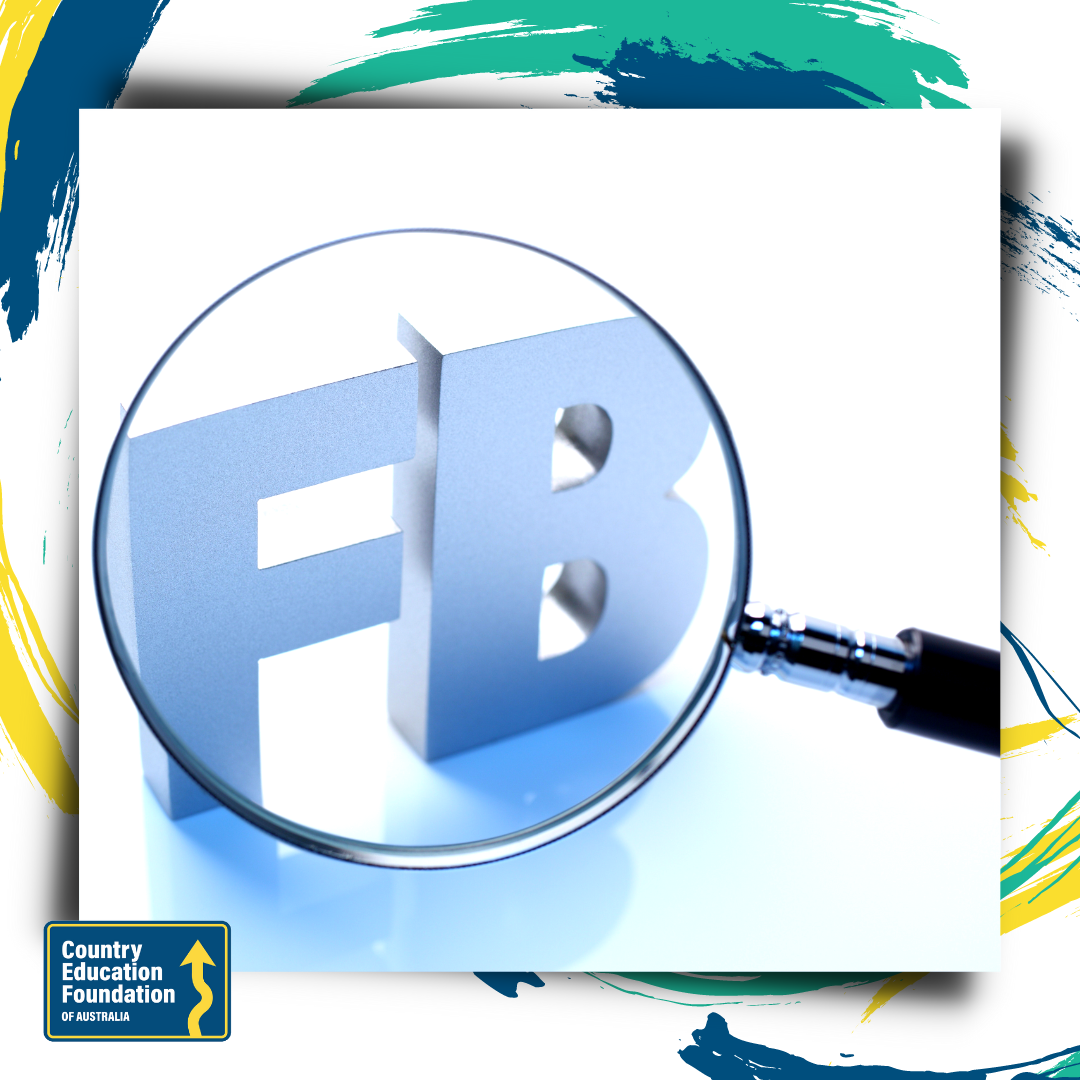
Personal ‘brand’
It may feel like we’re approaching this topic early in the game, but more and more you’ll be presenting yourself to potential employers through internships, work experience and via networking events. Your ‘personal brand’ presented through your social media feeds and activity is important.
We all stalk or stickybeak through someone’s social media feeds after meeting them – potential employers or professional contacts are the same. What you post and share will have an influence over your professional life!
Here are some links that you might find useful when being conscious of your personal branding:
What even is a personal brand and do I need one?
Five social media mistakes that will hurt your job search
Seven social media mistakes that could damage your career
How to work proof your social media accounts
RESUME OR CV
Resume, CV and curriculum vitae are all fancy words for the same thing. A document that lists your work experience, education, skills and achievements.
You’ll need one for for pretty much any job application. It provides potential employers with some basic information, usually so they can decide if they want to consider you for an interview.
This great Resume 101 article from Seek breaks down all the basics for you and it also links to some free resume templates.
Alternatively, if you like the idea of getting fancy, you can sign up for a free Canva account. Its a graphic design app that can will help you jazz up your on-paper appearance.
REFERENCES
A reference is an endorsement from a third party who has worked with you before, either in paid or voluntary work.
You should get permission from at least TWO of your references to include their contact details on your resume.
Potential employers like to be able to have a chat to them about you and confirm the information you have provided.
IMPORTANT: make sure that your references know they are on your resume AND that they will say nice things about you!
You can also ask previous employers to write a few paragraphs about your skills and work ethic, and community leaders or teachers to write a character reference outlining your key qualities.
And remember, you should try to avoid using family members as references – especially if they have the same last name as you!
INTERVIEWS
Interviews are a common part of the job seeking process, and they can be a little daunting if you aren’t use to the situation!
Practice makes perfect! The more interviews you attend the better you will get, we promise. And as silly as it might sound, a great tip is to practice answering some of the more commonly asked questions while watching yourself in a mirror. If you really aren’t fussed about that idea, enlist a parent or friend to role-play the interview with you.
Checkout this 10 Most Common Job Interview Questions from Headspace to get you started.
There is also great advice in this clip from recruitments specialists, Hays Australia.
LOOKING FOR WORK
If you don’t have employment, you might have to start looking for work, or job searching. There are different ways you can do this, and there are plenty of resource and services available to help you find the right job for you.
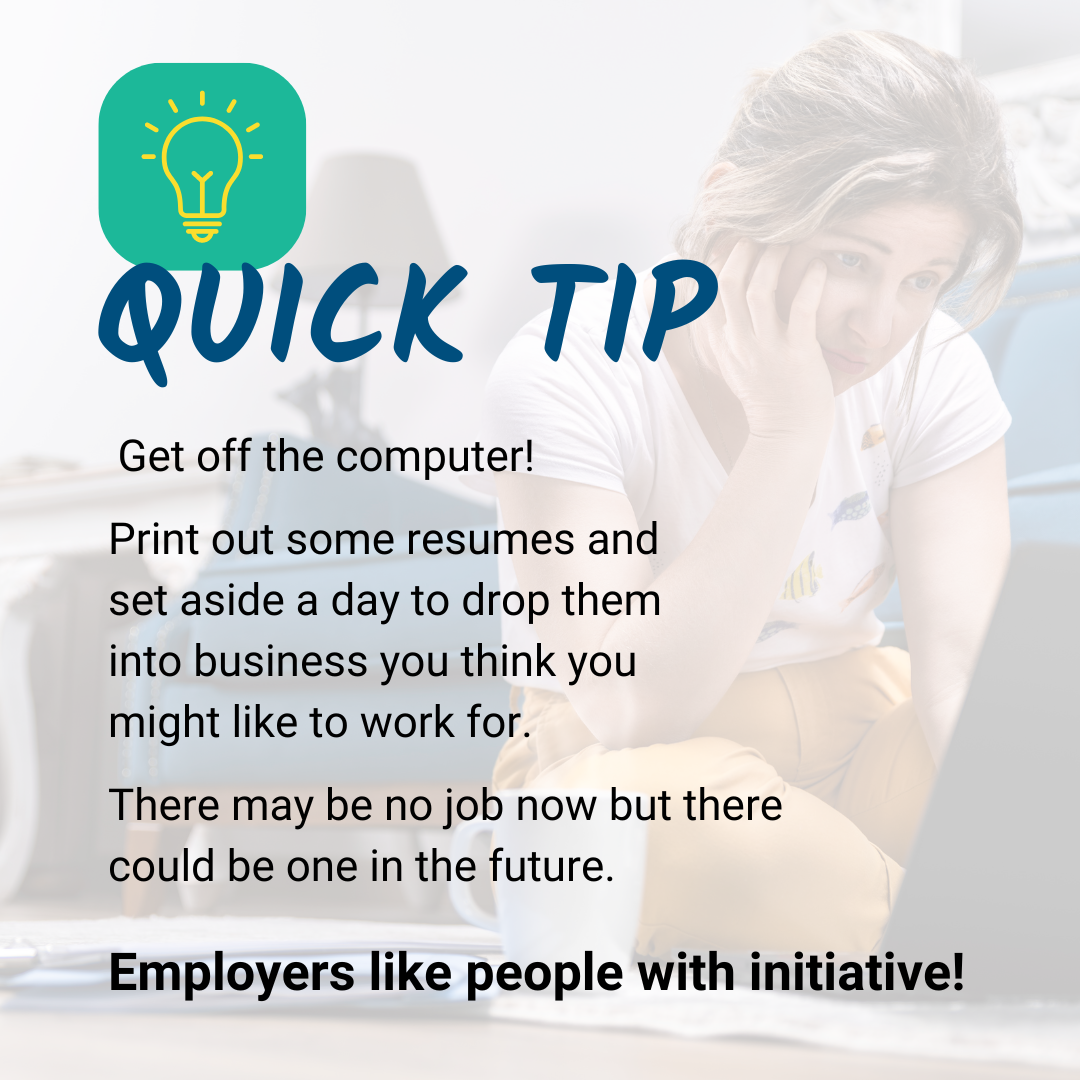
WORKFORCE AUSTRALIA
Workforce Australia is the employment service delivered by the Department of Employment and Workplace Relations. Workforce Australia includes a new online service and a network of providers to deliver personalised support.
Workforce Australia services are provided by organisations approved by the Government, and are generally available if you get an income support payment, such as Jobseeker Payment, Youth Allowance (other), or Parenting Payment.
These providers can help you write a resume, access additional training, provide interview support and connect you with suitable available jobs.
To find out more information on how it all works, checkout the Workforce Australia website.
JOB SEARCH WEBSITES
EMPLOYMENT BASICS
You might have had a casual or part time job before or maybe you have done some neighbourhood babysitting for some extra cash. Or maybe, you haven’t worked at all up until now.
Whatever your circumstances, when you head into work full time, you need to remember that employment is a two-way street.
You need to make sure you are being treated fairly and legally… But you also need to make sure that you are doing all the right things by your employer too!
AWARDS, CONDITIONS AND CONTRACTS
Your employment will be covered either by an enterprise agreement or an award, a legal document that contains minimum rates of pay and conditions of employment under the Fair Work Act 2009.
You can find out all you need to know about these documents on the Fairwork Commission Agreements and Awards website.
The National Employment Standards along with national minimum wages are 11 basic rights that you are entitled to as an Australian Employee and should be include in your employment agreement.
They include things like leave entitlements, flexible working and termination rights.
You can find more information about the standards and minimum wage entitlements on the Australian Government Fairwork website.
NATIONAL EMPLOYMENT STANDARDS
- Maximum weekly hours
- Requests for flexible working arrangements
- Offers and requests to convert from casual to permanent employment
- Parental leave and related entitlements
- Annual leave
- Personal/carer’s leave, compassionate leave and unpaid family and domestic violence leave
- Community service leave
- Long service leave
- Public holidays
- Notice of termination and redundancy pay
- Fair Work Information Statement and Casual Employment Information Statement
IF YOU NEED ADVICE
First of all, it is important to know that any employment issues, concerns or disputes can often be rectified by simply talking with your employer.
If you set a meeting and go into it clear about your concerns, with an open mind and treat your employer with respect you will find your issue can be resolved or clarified without any legal intervention.
At the end of the day, everyone in in the workplace is there to get a job done and want to do so in a fair and happy environment!
FAIRWORK
If for some reason your situation cannot be resolved directly with your employer, the Fairwork Ombudsman can help you by providing advice and if necessary, you can chat to them anonymously.
They also provide specific information for Young Workers & Students that might help you in the first instance, before deciding if you need to speak with someone. This video on the ‘warning signs something might not be quite right in the workplace’ is a great example.
If you have decided to take a gap year and travel, whether locally or abroad, we hate to tell you, but you still have a little study to do yet.
From things like travel insurance to knowing the laws of the country you are visiting and even how to pack… the better informed and prepared you are, the more amazing the experience will be.
GAP YEAR AND TRAVEL
TRAVEL LINGO, LEGAL AND SAFETY
You don’t want to end up in a foreign hospital with no insurance to cover any treatment you might need.
This article from Close Circle provides great overview of the most important things to consider when you travel abroad.
Smarttraveller.gov.au is a great resource to help you make sure all your ducks are in a row so that you can be prepared and organised to ensure you have the most amazing gap year experience ever.
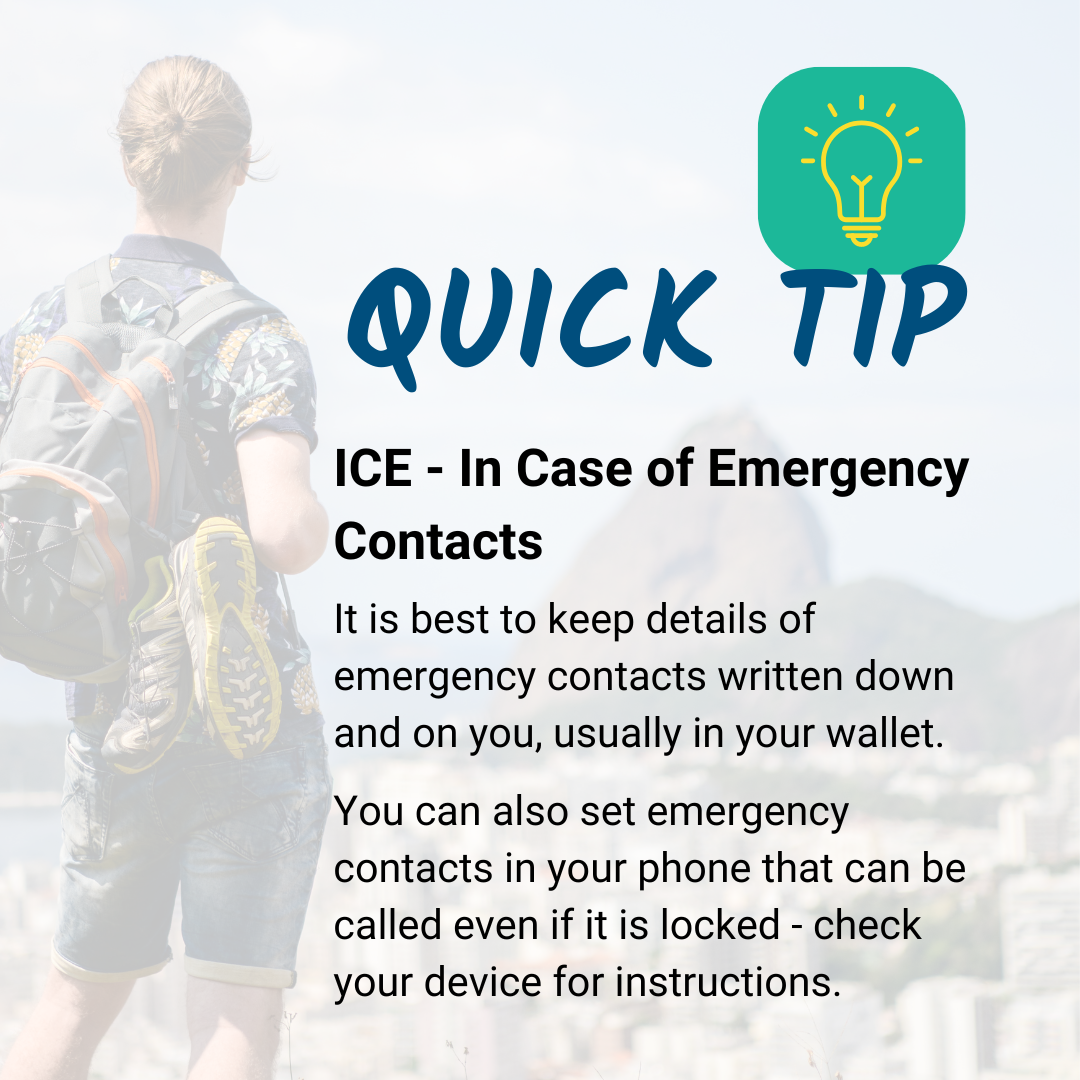
These are probably the three key things to organise when you are planning a gap year:
- PASSPORT
You need a valid passport when travelling overseas. It is proof of your identity and citizenship and issued by the Department of Foreign Affairs and Trade. If you don’t have one, make sure you get your application in well before you plan to travel. If you already have a passport, experts suggest making sure it is valid for at least 6 months past your travel dates. Find out more and apply for a passport HERE.
- TRAVEL INSURANCE
This will help minimise the cost risks associated with travelling like unexpected medical bills, cancelled flights and lost luggage. Do not skimp on travel insurance!
FINDER can help you compare and find the best travel insurance for you, plus it has some great gap year advice articles too!
- VISAS
Most countries that you visit will require you to obtain a visa or entry permit, so do your homework! Check out information from the High Commission or Embassy of the country/countries you are planning to visit. If you plan to work, make sure you are applying for the right TYPE of Visa depending on your activities and know what you need to do if your plans change.
Here is a list of some other important things to consider and plan to make sure you have a fun and safe trip:
- Money and credits cards
- Mobile phone and international roaming
- Know the local laws and customs
- Itinerary
- Transport
- Time zones
- Emergency contacts
- Licencing laws
- Medications
- Vaccinations
WHAT TO PACK – AND HOW
This is a pretty basic travel essential list to get you thinking, and it will change depending on where you are going, with who and for how long.
Check out this Gap Year Travel Kit article from Gap360 which is really comprehensive, and will ensure you are totally prepared and well-packed for your adventure.
- Personal documents
- Toiletries
- Prescription medications (and copies of the scripts)
- Credit cards and cash
- First aid kits
- Emergency/ dietary specific snacks
- Power adaptors, batteries and chargers
- Required clothing (try keep it to the basics though!)
- Mobile phone/laptop
- good old pens and notepads
Worried about the cost? Not sure what to do? Nervous about leaving friends and family? There are heaps of different journeys to university. There’s a lot of information out there about gap years. Sometimes it can get a little noisy. ASTAR.TV is maintained by the University of Sydney, and the a Gap Year guide is part of the online resource.
Like CEF, Year 13, wants to make sure you make the best decisions for you so that transitioning to adult life is easy and fun! The free online resource is by young people for young people and has a plethora of information about gap years from the staff and also others sharing their experiences and advice.
MONEY MATTERS
NO MATTER HOW OLD YOU ARE, MONEY PLAYS A BIG PART IN LIFE!
LEARNING HOW TO MANAGE YOUR FINANCES IS A MUST.
Money – it’s both liberating and restrictive. It’s a tough topic to address for anyone, but being open about your circumstances will always mean you’re trying to do the best with what you’ve got. First off, you have to know what you’ve got, and what is available to you. Do your research, and be prepared.
GOVERNMENT SUPPORT
The Australian Government provides financial assistance and advice through the following options:
StudyAssist ⇒ provides information for students about government assistance for financing tertiary study.
Centrelink ⇒ provides financial assistance options for people who are studying, training or undertaking an Australian apprenticeship.
Youth Allowance ⇒ provides financial help for people aged 16 to 24 years who are studying fulltime, completing an Australian apprenticeship full-time, training or looking for work.
Austudy ⇒ provides financial help if you are 25 years or over and in approved full-time study, completing an apprenticeship or training.
ABSTUDY ⇒ provides financial help for Aboriginal and Torres Strait Islander Australians who are studying or undertaking an apprenticeship.
Remote Area Allowance ⇒ provides extra financial help for people receiving certain income support payments who are living in a remote area.
Start-up Loans ⇒ provides tax-free financial help for full-time students studying an approved course at a higher education institution. If you receive Youth Allowance, Austudy or ABSTUDY Living Allowance you may be eligible. You can apply for a loan through your Centrelink online account.
Relocation Scholarship ⇒ provides an annual payment to help certain students in higher education who are required to live away from their family home while studying.
SCHOOL LEAVERS INFORMATION KIT
The School Leavers Information Kit (SLIK) is released by the National Careers Institute and had information about your after school options as well as the various government support and assistance available.
They have also pulled out the information that is specific to you as a regional school leaver, which is pretty cool!
CEF SCHOLARSHIPS GUIDE
Each year, CEF publishes a Scholarships Guide to help rural and regional students who require financial support for further study.
The guide contains a general list of scholarships available from our education partners, including specific scholarships for rural, regional and Indigenous students.
There is a scholarship for everyone and everything!
So many scholarships go unawarded, so apply – you have nothing to lose.
CEF EXTRA
CEF Extra is our national scholarships program designed to provide additional support to eligible CEF students.
We work closely with generous individuals and organisations to offer extra funding opportunities, in addition to local grants.
This could mean work experience or placement support, industry networking, mentoring and even employment.
To find our what scholarships are on offer and check opening and closing dates visit our CEF Extra page.
CEF LOCAL GRANTS
You apply to the local CEF foundation in your area. CEF grants are based on need, not academic success. The four essential selection criteria are:
- You have a demonstrated need;
- You are aged 16-25 years;
- You have attended school in or currently live in the region covered by your local CEF; and
- You are able to demonstrate commitment to achieving your goal.
You can find a full list of CEF local foundations HERE.
IMPORTANT:
If you receive support from CEF and are applying for assistance from Centrelink, they might ask for your scholarship ID number.
This is your CEF APPLICATION NUMBER. The number that shows on the copy of the application you made to CEF you received via email.
If you are unsure, just give us a buzz!
OTHER GRANTS, SCHOLARSHIPS AND BURSARIES
There are a lot of different organisations offering scholarships, grants and financial assistance. Help is out there, you just need to find it. Start with your careers advisor if you are in high school – start this process early (Year 11 or start of Year 12) and keep on it. New scholarships, grants and funding open up all the time, so be vigilant.
Community groups like CEF foundations, as well as Rotary and Country Women’s Association branches offer scholarship and grant opportunities. Local councils are also another good avenue of enquiry.
When exploring what universities you’d like to attend, check out the scholarships they have available – these will be available to you if you get accepted there.
At uni a good place to start is at your student services centre. If you find yourself with cash flow troubles (for example: bond, rent-in-advance, winter fuel bills) many tertiary institutions offer short-term, no interest loans to help students out. Visit your student services or administration centre to find out more information.
TALKING ABOUT MONEY
Opening up with parents/family and friends about money can be hard, but it will offer you support and understanding.
Being open with your parents/family about money will assure them that you’re approaching one of life’s most important subjects respectfully and with a mature attitude. Always be honest, admit when you’ve made a mistake and try to understand each other’s reactions – sometimes some breathing space might be needed.
Some articles about money to share with your parents:
Parents and students – aligning your financial goals
Having the money talk
Money chats with friends can be a bit awkward, but it could be the best chat you ever have. Laying down what you can and can’t afford is not something to be ashamed of and you should be honest about it for all your sakes. Here are some easy excuses: “I’ve allocated my budget this week”, “I can’t afford that without taking on another shift”, “I’m saving for …”, “I just paid my phone bill”. Learning when to be able to say yes and no will be important for all your relationships in life.
Be open with your friends:
Why you should talk about money with your friends
How to talk to your friends about money
How I finally got on top of my money
BUDGETING

There are apps and online tools to help you keep your finances under control by tracking your income and expenses.
The managing your money section at www.moneysmart.gov.au has lots of information about living on a low income, budgeting, saving and making decisions around your money.
Preparing a budget is the best method of controlling costs and understanding how much money you need to live on. The budget planner in the tools and resources section at www.moneysmart.gov.au provides an excellent, easy to use budgeting tool.
It also has a savings goal calculator, a track my spend app (so you know where your money is going and stick within your spending limit) as well as where to get help with debt.
Make sure you put some savings aside for major expenses, such as beginning of semester textbooks. Remember, even small expenses add up over time.
‘YOUNG MONEY’
Young Money is a weekly podcast covering day-to-day financial skills for young Australians.
Produced by our fantastic partner Findex Community Fund, it is hosted by our very own CEF Alumna Sophie Gay and covers day-to-day financial skills for Young Australians, especially for those from regional areas. Guests have included past CEF Orange grant recipient Ben Blanch and Nicole Wright from the national office.
The podcast is supported by a fantastic online toolkit with a quiz to help you determine your financial literacy and even more information on how to manage all things money.
'APP'LY YOURSELF
NOWADAYS, YOU CAN DO PRETTY MUCH ANYTHING WITH AN APP.
HERE ARE SOME OF OUR FAVOURITE, FREE ONES TO HELP YOU OUT!
In the endeavor to make this resource a one-stop-shop we asked some of our real life recipients what apps helped get them through their first year at university.
All of these apps will be able to be found on both GooglePlay and Apple App Store, all you’ll have to do is search.
Please note:
To the best of our ability and understanding these apps are FREE.
None of these recommendations or listings have been paid for.
If you do not like the app, or do not feel comfortable with it on your phone we recommend you uninstall the app.
PS – if you have any great app recommendations for your fellow students, get in touch and tell us how it’s helping you!

AUSSIE ADULT ESSENTIALS
- Express Plus Centrelink ⇒ For managing Government payments and requirements
- Express Plus Medicare ⇒ Connect with Medicare to view your history and immunisation status and to make claims
- My GovID ⇒ An easy and secure way to prove who you are online
- Australian Taxation Office ⇒ For tax and superannuation information
MONEY
- Pocket Smith ⇒ Get control of your money with his money management app
- ATM locator ⇒ Find ATM and cash machines nearby you anywhere in the world
- Petrol Spy Australia ⇒ Compare fuel prices and search for petrol stations
- Student Edge ⇒ Contains great deals, helpful articles and more
- Bank Apps ⇒ Your bank app can help you manage your money, budget and save
LIFE MANAGEMENT
- Workforce Australia ⇒ The Australian Government app for finding work
- Google Keep ⇒ Capture your thoughts and create lists on the go
- Tiny Scanner ⇒ A little app that scans anything to PDF format
- Evernote ⇒ Notepad, planner and daily organiser that syncs with all your devices
HEALTH
- Strava ⇒ A running and cycling tracker that can also help plan routes
- Smiling Mind ⇒ A mindfulness and meditation app to help reduce stress and anxiety
- Calm ⇒ A sleep, meditation and focus app with sessions on leadership, productivity and bedtime stories
- Health Engine ⇒ Find manage and book all types of health appointments 24/7
- Eve ⇒ A sexual health, mood and cycle tracker for the ladies
- Instant Scripts ⇒ Access to telehealth consultations and prescriptions online
STUDY
- Grade Tracker Pro ⇒ Track and predict your grades while managing assignments and assessments
- Lost on Campus ⇒ Australia’s biggest uni and TAFE campus app
- My Study Life ⇒ Helps organise your classes, homework and exams
- Quizlet ⇒ Study app for flashcards and other tools to help with learning
- Simple Mind Lite ⇒ Create mind maps, brainstorm and help structure your ideas
- Slack ⇒ A team communication and collaboration app
TRAVEL
- Pack Point ⇒ A list app that helps you to remember what to pack for your travels
- Flight Aware ⇒ Allows you to track real time flight statuses and updates
- Google Translate ⇒ Various translation options for over 100 languages
- Maps.Me ⇒ Offline navigation and gps tracking with directions
- XE Currency Converter ⇒ Check live market conversion rates and transfer money globally
This advice is general in nature and does not take into account your personal objectives, financial situation, needs or goals. You should consider whether the advice is suitable for you and your personal circumstances. All information is correct at time of publication.
The ‘Make it Possible’ Rural and Regional Inspiration Hub is funded in part by our partnership with Waratah Education Foundation.
PROGRAM PARTNER:

COLLABORATING ORGANISATIONS:
